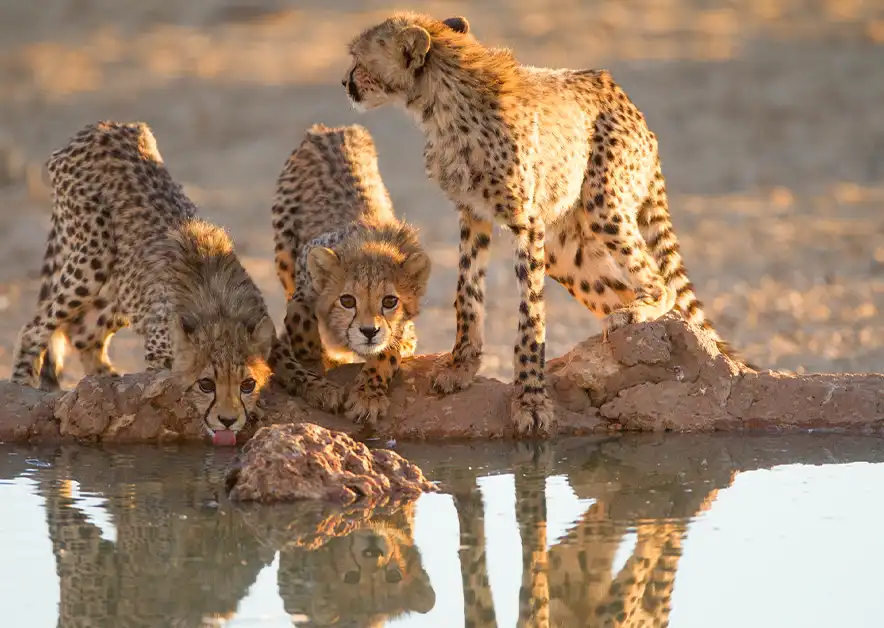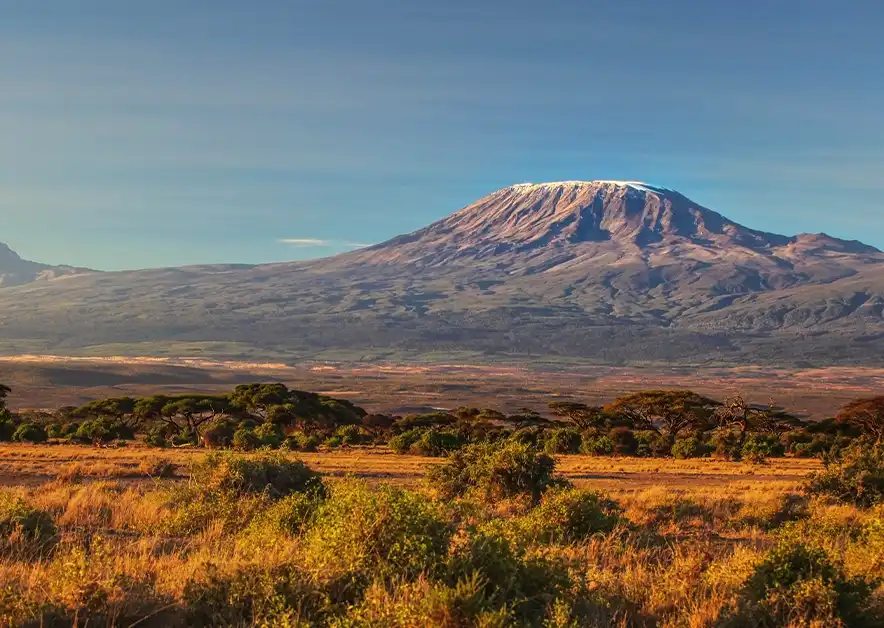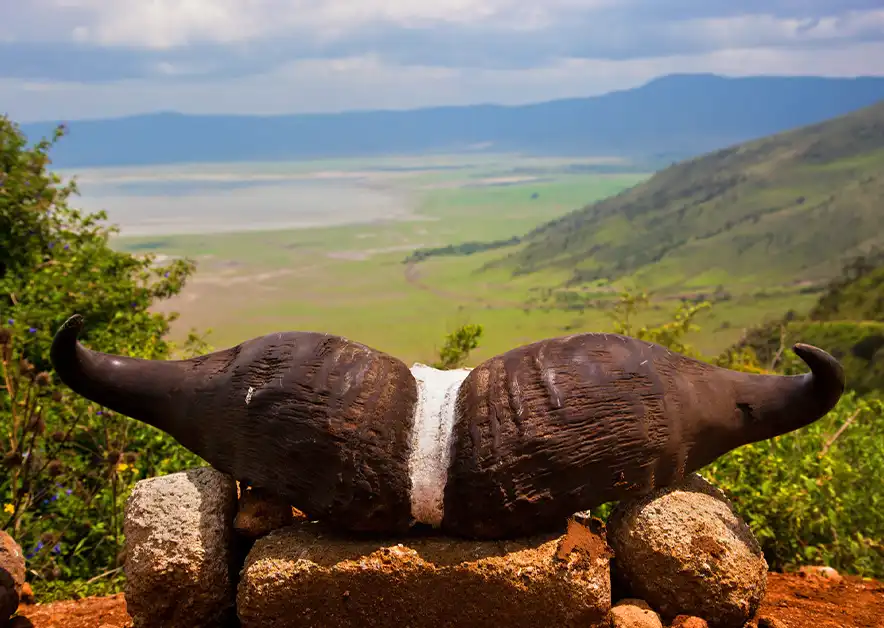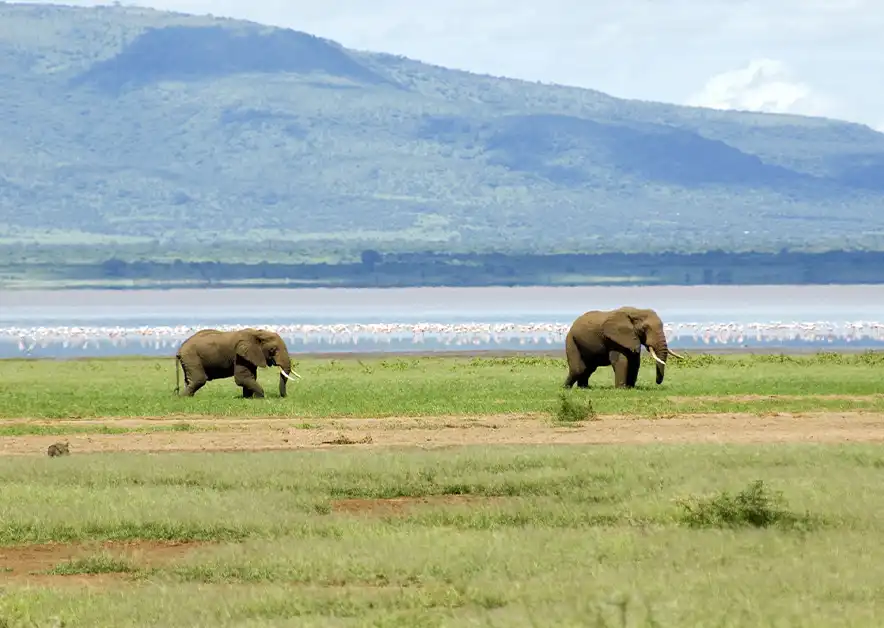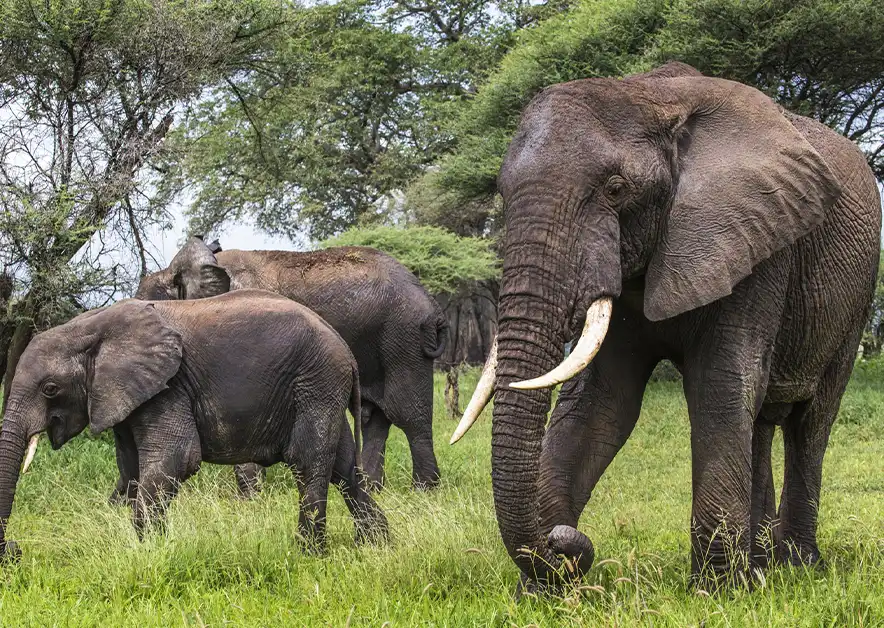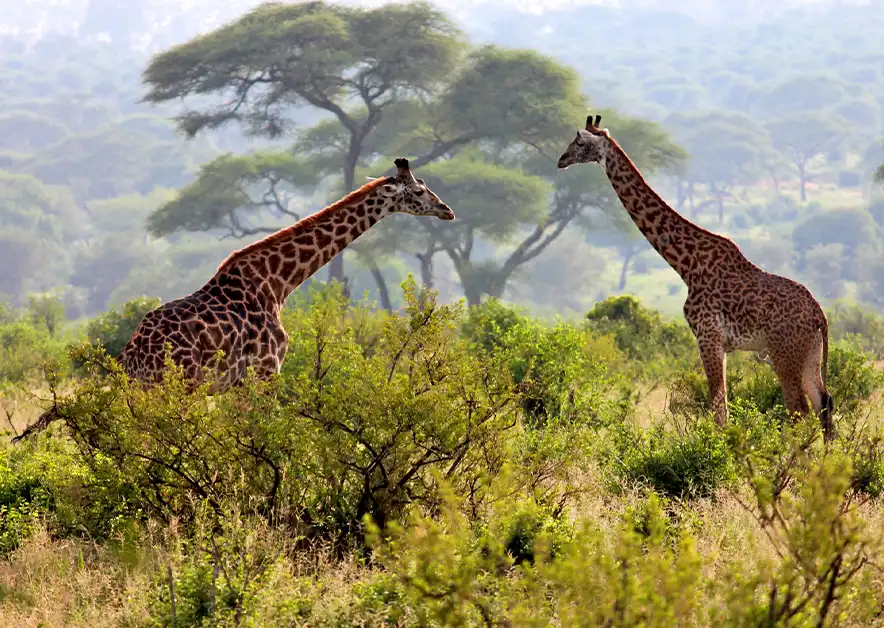Tanzania Safari Preparation
Preparing for a safari in Tanzania is an exciting process, but it requires careful planning to ensure a smooth and enjoyable trip. From deciding what to pack, getting the right vaccinations, and ensuring you have the proper documentation, this guide will cover all the essential aspects of preparing for a Tanzania safari.
Essential Documents and Travel Requirements
Before embarking on your Tanzanian safari, you’ll need to ensure that your travel documents are in order.
| Document |
Details |
Notes |
| Passport |
Must be valid for at least 6 months |
Ensure it has enough blank pages for visas |
| Visa |
Required for most nationalities |
Can be obtained on arrival or via e-Visa |
| Vaccination Certificate |
Yellow fever vaccination is required if traveling from an endemic country |
Keep this with your passport at all times |
| Travel Insurance |
Essential for medical emergencies, cancellations, or lost luggage |
Make sure it covers safaris and medical evacuation |
- Visa Options:
- Visa on Arrival: Available at major airports like Kilimanjaro and Dar es Salaam. Cost: $50 (single-entry) or $100 (US citizens).
- e-Visa: You can apply online before your trip at Tanzania’s Immigration Website.
Vaccinations and Health Precautions
Health and safety are critical while preparing for a safari. Here’s a breakdown of the necessary vaccinations and health tips:
| Vaccination/Precaution |
Recommendation |
Notes |
| Yellow Fever |
Mandatory if arriving from a yellow fever zone |
Keep proof of vaccination with your travel documents |
| Hepatitis A |
Recommended for all travelers |
Transmitted through food and water |
| Typhoid |
Recommended for all travelers |
Transmitted through contaminated food and water |
| Malaria Medication |
Malaria is prevalent in Tanzania; take prophylaxis |
Use mosquito repellent and wear long sleeves in the evening |
| COVID-19 |
Follow current requirements for vaccinations or testing |
Proof of vaccination or a negative test may be required |
- General Health Tips:
- Drink bottled water to avoid water-borne diseases.
- Pack a first aid kit with essentials like band-aids, antiseptic cream, and any personal medications.
- Insect repellent with DEET is crucial for preventing mosquito bites.
Packing for a Safari
Packing smart is essential for a comfortable and enjoyable safari. Tanzania’s climate can vary greatly from hot days to cool evenings, so you’ll need versatile clothing and gear.
Safari Clothing Checklist
| Item |
Recommendation |
Why You Need It |
| Lightweight Long-Sleeve Shirts |
2-3, neutral colors |
For sun protection and staying cool |
| T-Shirts |
3-4, moisture-wicking |
For layering and casual wear |
| Convertible Pants/Shorts |
2-3 pairs, neutral colors |
Protection against sun and bugs, versatile |
| Fleece or Warm Jacket |
1 (lightweight, packable) |
Evenings and early mornings can be cold |
| Waterproof Jacket |
1 (lightweight, foldable) |
Useful during the rainy season and unexpected showers |
| Comfortable Shoes/Boots |
1 pair, of sturdy hiking boots |
For walking safaris and rough terrain |
| Hat and Sunglasses |
A wide-brimmed hat and UV-protected sunglasses |
For sun protection |
| Swimsuit |
1 |
Some lodges and camps have pools |
Safari Gear Checklist
| Item |
Why You Need It |
| Binoculars |
Essential for wildlife viewing at a distance |
| Camera with Extra Batteries |
Capture wildlife and scenic landscapes |
| Daypack (20L-30L) |
To carry essentials like water, sunscreen, and snacks |
| Power Bank |
Useful for charging devices on long game drives |
| Insect Repellent (DEET) |
To protect against mosquitoes and other insects |
| Sunscreen (SPF 30+) |
Essential for protection from the intense African sun |
| Reusable Water Bottle |
Staying hydrated is critical, especially in hot climates |
| Flashlight or Headlamp |
Camps can be dark at night, especially for walking around lodges |
| Travel Pillow |
Great for long drives between parks |
Understanding Safari Costs
Planning your budget is key to preparing for a safari. Here’s an overview of common costs and what to expect:
| Expense |
Average Cost (per person) |
Notes |
| Safari Packages |
$250 – $400 (mid-range per day) |
Includes accommodation, meals, and game drives |
| Luxury Safari Packages |
$500 – $1,500+ (per day) |
High-end lodges, private vehicles, and personalized service |
| Visa |
$50 – $100 |
Varies by nationality |
| Park Fees |
$30 – $70 per park, per day |
Serengeti and Ngorongoro Crater are on the higher end |
| Tipping |
$10 – $20 per person, per day for guides |
Tipping lodge staff and porters is also customary |
| Internal Flights |
$200 – $500 (per flight) |
If you choose a fly-in safari option |
Budgeting for a Safari
- Budget Safari: $1,500 – $2,500 for a 5-day safari (shared vehicle, basic campsites).
- Mid-Range Safari: $2,500 – $5,000 for a 7-day safari (comfortable lodges, group safari).
- Luxury Safari: $6,000 – $10,000+ for a 10-day safari (luxury lodges, private vehicles, all-inclusive).
Travel Insurance and Safety Precautions
It’s important to have comprehensive travel insurance before going on a safari. Here’s what you should ensure your insurance covers:
| Coverage |
Why It’s Important |
What to Look For |
| Medical Emergencies |
Safari camps may be in remote areas, so coverage for emergency evacuation is essential |
Medical evacuation to a hospital or home country |
| Trip Cancellations |
Safaris can be expensive, so it’s important to have coverage if you need to cancel your trip |
Refunds for non-refundable deposits and fees |
| Lost or Delayed Luggage |
Delayed or lost luggage can disrupt your safari experience, especially with limited access to stores |
Reimbursement for necessary purchases |
| Adventure Activities |
Make sure activities like walking safaris, balloon rides, or mountain trekking are covered |
Check that high-risk activities are included |
Safari Etiquette and Tips
| Tip |
Why It’s Important |
| Follow the Guide’s Instructions |
Guides are experts on wildlife behavior and park rules. Always follow their directions for safety. |
| Stay Quiet During Wildlife Encounters |
Loud noises can disturb the animals and ruin the experience for others. Keep conversations low during game drives. |
| Respect Wildlife |
Don’t get too close to animals or try to feed them. Always observe from a safe distance. |
| Be Mindful of Other Guests |
Respect the experience of other travelers by avoiding distractions like loud phone calls or music. |
| Leave No Trace |
Take your trash with you, and don’t pick plants or disturb wildlife. Tanzania’s national parks are protected areas. |
Tanzania Safari Safety Tips
Tanzania is generally safe for tourists, but it’s important to take precautions, particularly in rural areas and national parks.
| Safety Tip |
Why It’s Important |
| Stay in the Vehicle During Game Drives |
Wildlife is unpredictable, and staying in the vehicle ensures your safety. Only exit the vehicle when instructed by your guide. |
| Avoid Walking Alone at Night |
In camps or lodges, always walk with a guide or staff member at night, as wildlife can roam freely. |
| Keep Valuables Safe |
Use the safes provided at lodges to store cash, passports, and other valuables. |
| Drink Bottled Water |
Avoid tap water to prevent waterborne illnesses. Always drink bottled or purified water. |
| Use Sunscreen and Mosquito Repellent |
Protect yourself from the strong sun and mosquito-borne diseases like malaria. |
Pre-Safari Checklist
| Task |
Description |
Done? |
| Passport |
Ensure it’s valid for at least 6 months. |
✅ |
| Visa |
Apply for an e-Visa or prepare for visa on arrival. |
✅ |
| Vaccinations |
Get recommended vaccines and carry the Yellow Fever certificate if required. |
✅ |
| Travel Insurance |
Purchase comprehensive travel insurance. |
✅ |
| Book Safari |
Confirm your safari package, including accommodation and internal flights. |
✅ |
| Pack Essentials |
Refer to the packing list to ensure you have all the necessary gear. |
✅ |
By preparing well for your Tanzania safari, you’ll be able to fully enjoy this once-in-a-lifetime adventure. From organizing your documents and vaccinations to packing the right clothing and gear, taking these steps will help ensure a smooth and safe journey. With the right preparation, you’re all set to experience the incredible wildlife and natural beauty that Tanzania has to offer!

